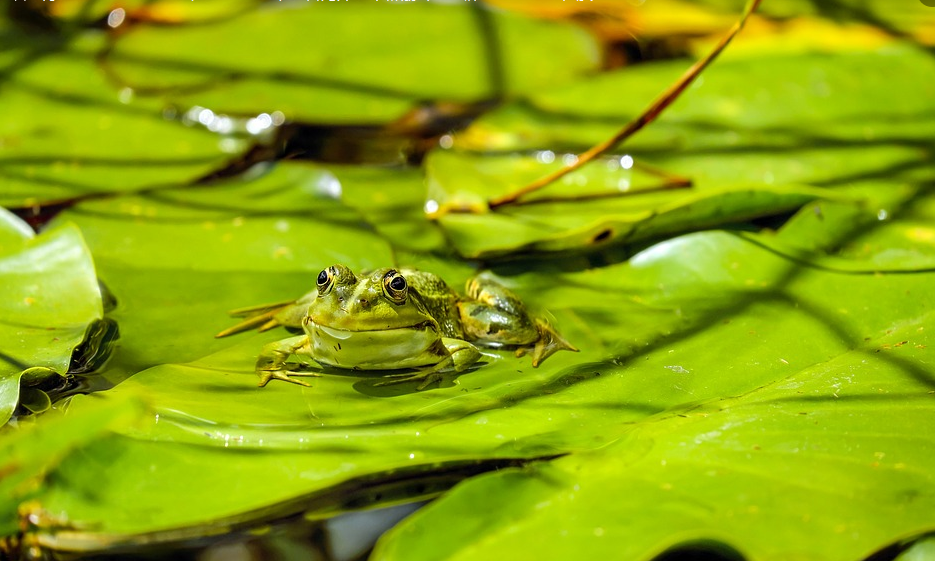英语中最古老的词汇 Oldest Words in English
|
Some of the oldest words in English have been identified, scientists say. Reading University researchers claim "I", "we", "two" and "three" are among the most ancient, dating back tens of thousands of years.
The team says it can predict which words are likely to become extinct--citing "squeeze", "guts", "stick" and "bad" as probable first casualties. "We use a computer to fit a range of models that tell us how rapidly these words evolve," said Mark Pagel, an evolutionary biologist at the University of Reading. At the root of the Reading University effort is a lexicon of 200 words that is not specific to culture or technology, and is therefore likely to represent concepts that have not changed across nations or millennia. "We have lists of words that linguists have produced for us that tell us if two words in related languages actually derive from a common ancestral word," said Professor Pagel. "We have descriptions of the ways we think words change and their ability to change into other words, and those descriptions can be turned into a mathematical language," he added. What the researchers found was that the frequency with which a word is used relates to how slowly it changes through time, so that the most common words tend to be the oldest ones. For example, the words "I" and "who" are among the oldest, along with the words "two", "three", and "five". The word "one" is only slightly younger. The word "four" experienced a linguistic evolutionary leap that makes it significantly younger in English and different from other Indo-European languages. Meanwhile, the fastest-changing words are projected to die out and be replaced by other words much sooner. For example, "dirty" is a rapidly changing word; currently there are 46 different ways of saying it in the Indo-European languages, all words that are unrelated to each other. As a result, it is likely to die out soon in English, along with "stick" and "guts". "If you've ever played 'Chinese whispers', what comes out the end is usually gibberish. Yet our language can somehow retain its fidelity," Professor Pagel said.
|








